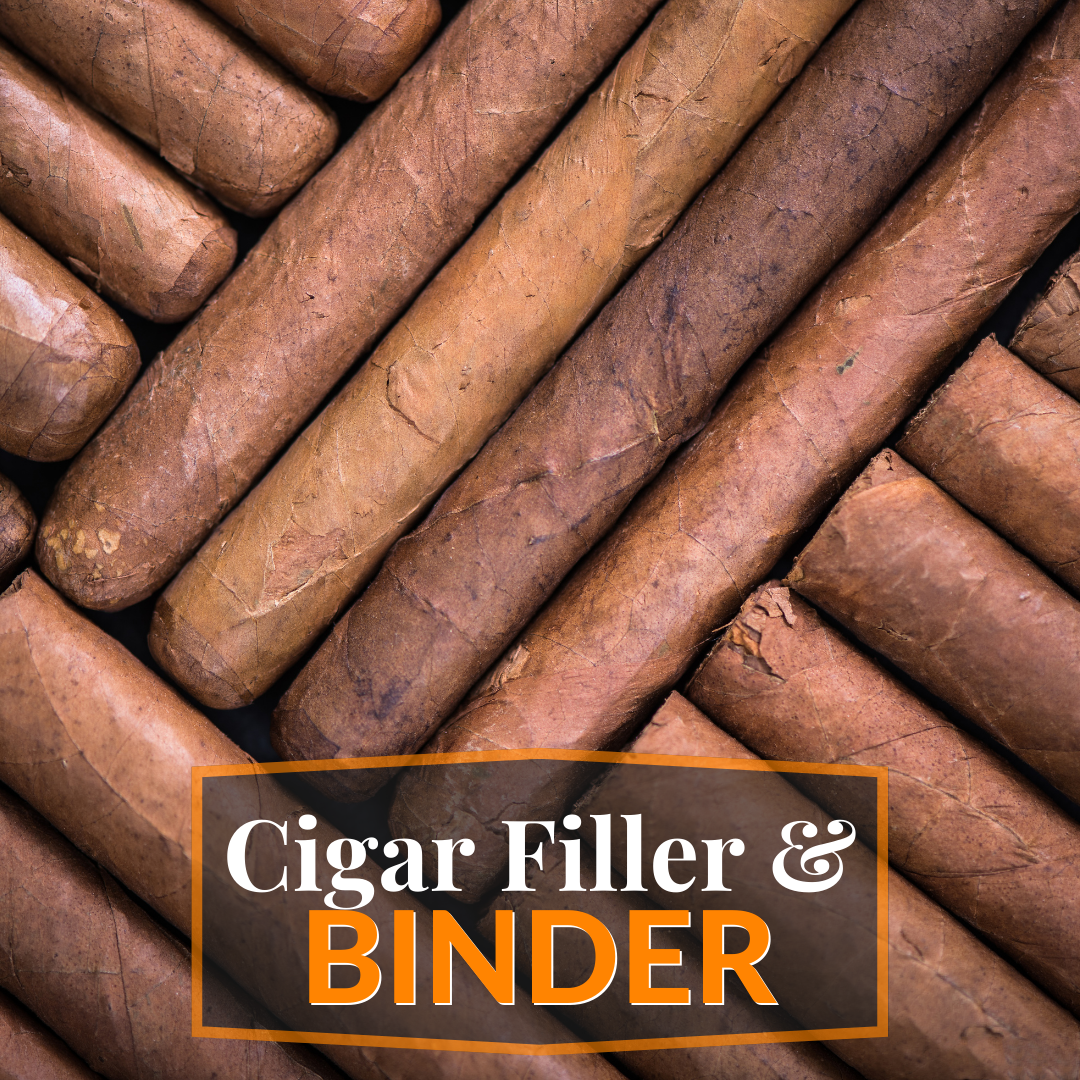
Cigars have long been associated with relaxation and luxury, but there’s more to cigar smoking than meets the eye. To truly appreciate and enjoy a cigar, it’s essential to understand the intricacies of its taste. In this article, we’ll dive into the world of cigar taste, exploring flavor profiles, tobacco origins, and how to savor every puff.
Understanding cigar taste
Whether you are a cigar aficionado or you’re looking to up your knowledge of cigars for beginners, understanding the taste of cigars is valuable information when it comes to choosing what you prefer. Here are some ways to help you understand the taste of cigars.
Flavor profile
A cigar’s flavor profile refers to the various tastes and sensations that a smoker experiences while smoking. It’s influenced by factors such as tobacco origin, aging, and cigar components.
Common cigar flavors
Cigars come in a wide range of flavors, including earthy, nutty, espresso, dark chocolate, sweet, and spicy. The combination of these flavors creates a unique experience for the smoker.
Taste buds and the palate
The tongue’s taste buds and the palate play a vital role in detecting and appreciating the different flavors of a cigar. They can identify sweet, salty, sour, bitter, and umami tastes, which contribute to the overall flavor profile.
The components of a cigar
Wrapper
The wrapper is the outermost leaf of a cigar, responsible for a significant part of its flavor. It can range from mild to full-bodied, with different shades and textures that affect taste and smoking experience.
Binder
The binder is a layer of tobacco leaf that holds the filler together. It contributes to the cigar’s overall taste, but its influence is often subtle compared to the wrapper and filler.
Filler
Filler tobacco makes up the bulk of a cigar and plays a crucial role in determining its flavor. The blend of filler tobaccos can result in various tastes, from mild to full-bodied.
The influence of tobacco origin
Tobacco origin has a significant impact on a cigar’s flavor profile. For example, Cuban cigars are known for their rich and complex flavors, while Dominican cigars tend to be milder and smoother.
The role of aging in cigar taste
Aging can enhance a cigar’s flavor and complexity, as the tobacco undergoes chemical changes over time. Properly aged cigars often have a more refined and balanced taste.
Types of cigars and their taste profiles
Some folks love the flavor of cigars. In fact, that is a big reason why people smoke cigars. Here are a few different flavors common in cigars.
Mild cigars
Mild cigars are perfect for beginners, as they offer a gentle introduction to cigar smoking. They typically have a smooth, creamy taste with hints of sweetness.
Medium-Bodied Cigars
Medium-bodied cigars provide a balance between mild and full-bodied options. They often feature a mix of flavors, such as earthy, nutty, and sweet notes, making them suitable for a wider range of smokers.
Full-bodied cigars
Full-bodied cigars are known for their bold and intense flavors. They typically offer rich, complex tastes, including dark chocolate, espresso, and pepper, and are more suited to experienced cigar smokers.
How to taste a cigar properly
Inspecting the cigar
Before smoking, take a moment to inspect the cigar’s appearance, feel, and aroma. This will give you an idea of what to expect in terms of taste and quality.
Cutting and lighting
Properly cutting and lighting your cigar will ensure an even burn and optimal taste. Use a sharp cutter and light the cigar gently, taking care not to scorch the wrapper.
Puffing and savoring
The best way to smoke a cigar is to take slow, gentle puffs, allowing the smoke to linger in your mouth before exhaling. This will enable you to savor the flavors and appreciate the nuances of the cigar.
Retrohaling
Retrohaling involves exhaling the smoke through your nose, which can help you detect more subtle flavors. It’s an advanced technique that may take some practice but can significantly enhance your tasting experience.
Pairing cigars with beverages
Coffee and cigars
Coffee and cigars are a classic pairing, as the rich, roasted flavors of coffee complement the tobacco’s taste. Whether you prefer black coffee, espresso, or coffee with cream, the combination can elevate your cigar smoking experience.
Alcohol and cigars
Alcoholic beverages, such as whiskey, rum, or red wine, can also enhance a cigar’s flavor profile. The key is to choose a drink that complements the cigar’s taste without overpowering it.
Cigar reviews and tasting notes
Reading cigar reviews and tasting notes can help you better understand a cigar’s flavor profile and what to expect. Keep in mind that taste is subjective, so your experience may differ from others’.
Tips for enhancing the cigar tasting experience
- Smoke in a calm, comfortable environment to fully appreciate the flavors.
- Experiment with different cigars to discover your preferences.
- Cleanse your palate between cigars to ensure accurate taste detection.
- Take your time and savor each puff, as rushing can diminish the experience.
Understanding and appreciating cigar taste is an art that takes time and practice to master. By familiarizing yourself with the various components, flavors, and techniques, you’ll be well on your way to becoming a true cigar connoisseur.
FAQs
What is the best way to store cigars?
A: Store cigars in a humidor, which maintains optimal humidity levels to preserve the cigar’s taste and quality.
Can I smoke a cigar that has dried out?
A: While it’s possible to smoke a dried-out cigar, the taste and quality may be compromised. Rehydrating the cigar may help, but it’s best to smoke cigars that have been properly stored.
How long does it take to smoke a cigar?
A: The time it takes to smoke a cigar depends on its size and the smoker’s pace. On average, it can take anywhere from 30 minutes to 2 hours.
Is it necessary to ash a cigar frequently?
A: No, you don’t need to ash a cigar frequently. In fact, allowing a small ash to build up can help maintain an even burn and temperature, resulting in a better smoking experience.





